But Getting Better Requires Change
Some people like calling others out for their mistakes. Others, not so much. There are different reasons people do this. Some are good and can be helpful. Some are more for the person doing the calling out, rather than to help the person being called out.
These differences have to do with our different personalities.
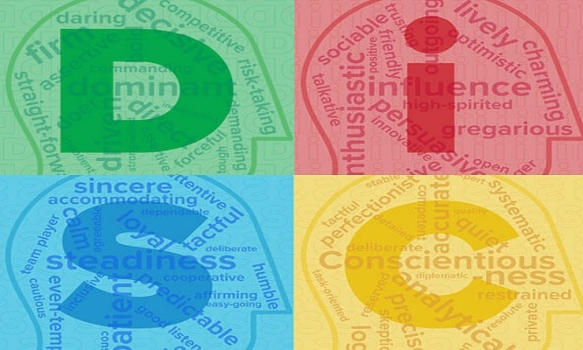
There are several different personality tests, but my favorite is the DISC assessment. This is a simple self-assessment tool that categorizes individuals into four personality traits: dominance, influence, stability, and compliance.
Knowing these differences between ourselves and others can be helpful when working with people.
This difference became apparent to me years ago when I asked my wife for her input about something I wrote. Of course, I thought it was perfect. She on the other hand made some corrections and changes.
This crushed me…how could she be so mean?
This was about the time I took the DISC assessment. It was very enlightening. I found out that she was among the 10% of the people who are dominant. This does not mean that she was mean or that she was trying to hurt my feelings. It just meant that she was honest and direct.
I, on the other hand, was among the 25% who are compliant. I’m resistant to change and can be rigid.
Getting better requires change.

Then you have people who are stable. This is the largest group at 40%. These people are loyal followers and slow to act. And then there’s the final 25% who are the influencers. These people are artistic and are continually coming up with new and different ideas and are easily distracted.
Pastor Lisa’s message on Sunday was about the prophet Elijah calling out Ahab, the king of Israel, for his worshiping of Baal and not God. Elijah must have been in the 10% of the dominant, take-charge people. With 90% of the people being in the other three personalities, they were following whatever the king told them.
In 1 Kings 18:16-39, Elijah calls out Ahab and tells the king that he is leading the people in the wrong direction. Elijah shows the people God’s power and Baal’s lack of power with a demonstration involving altars.
The pagan priests go through an elaborate process with their offering to no avail. Then Elijah prepares an offering, soaks it in water, and then calls to show the people that God is Lord.
Immediately, the fire of the Lord flashed down from heaven and burned up the young bull, the wood, the stones, and the dust. It even licked up all the water in the trench!
And when all the people saw it, they fell face down on the ground and cried out, “The Lord—he is God! Yes, the Lord is God!”

Too often we’re led astray by just following the crowd and not being aware. Then, because we are followers, we lead other people astray because they are followers too.
Don’t be a blind follower or blind leader. We need to recognize our mistakes and change our direction.

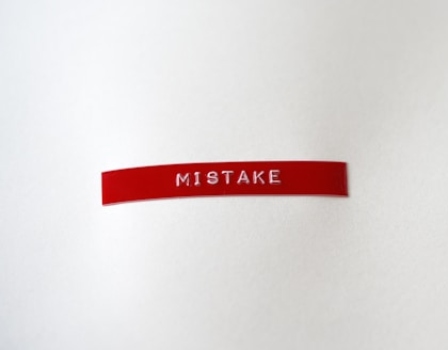

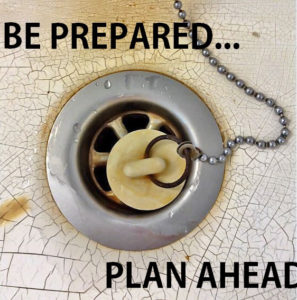
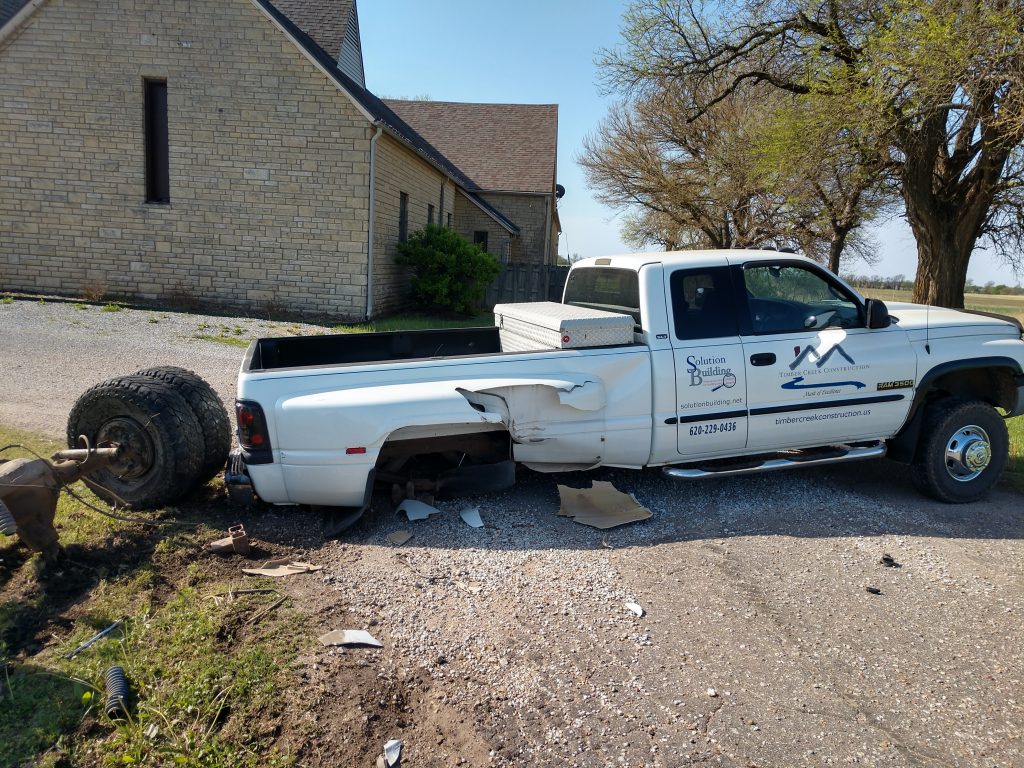


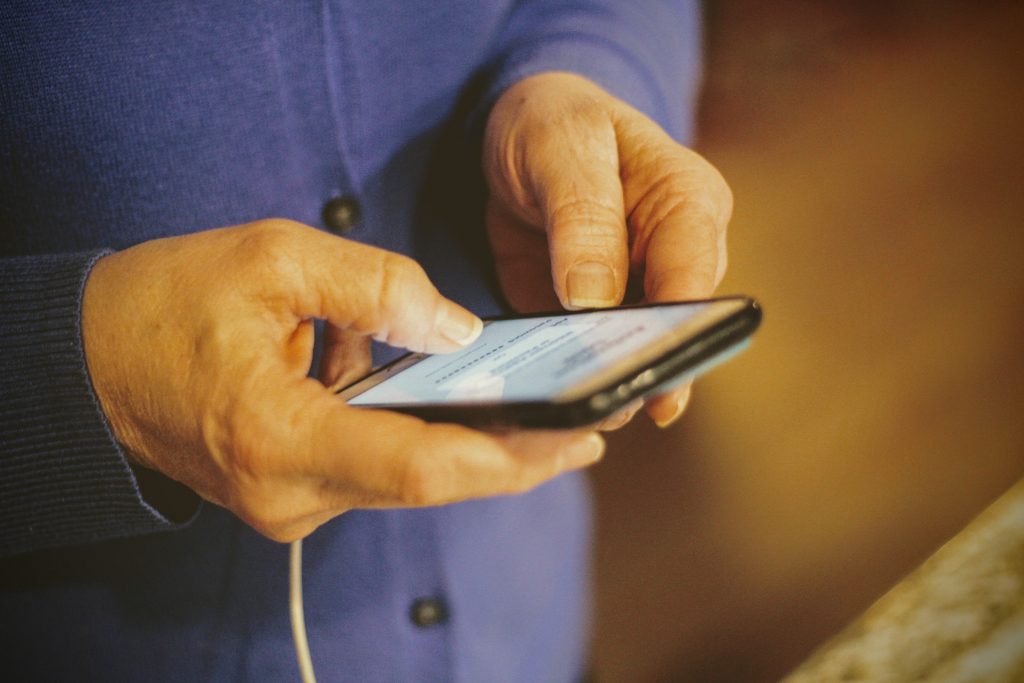
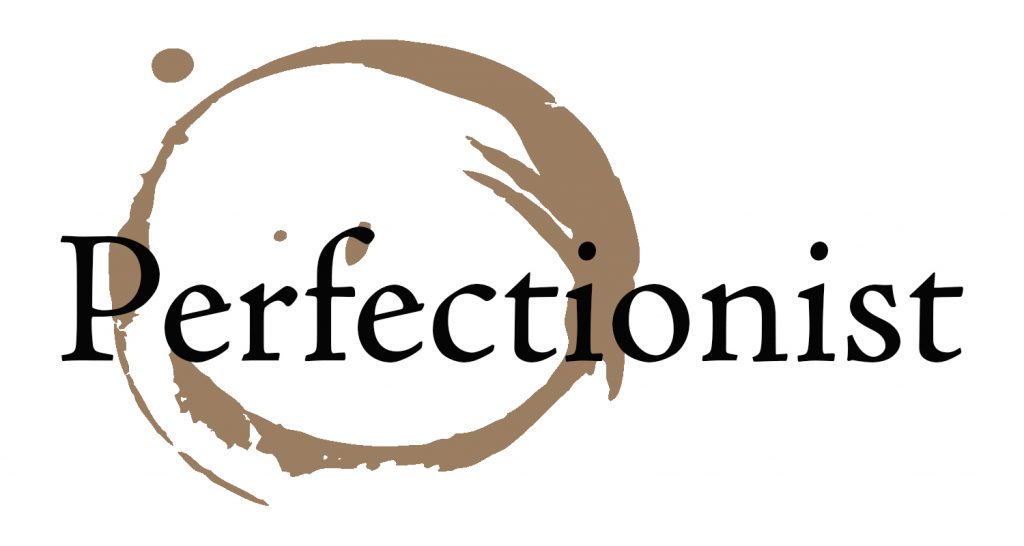
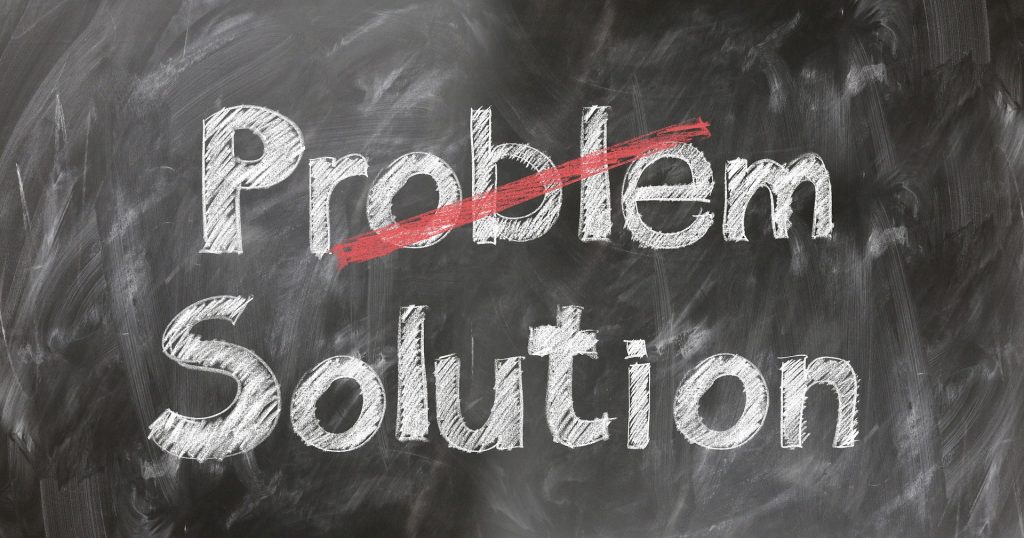


 Then we did a
Then we did a 